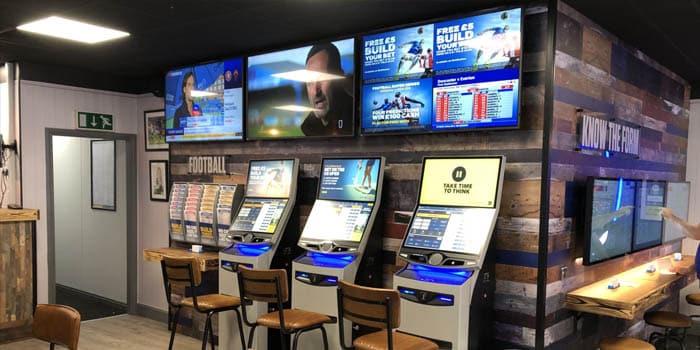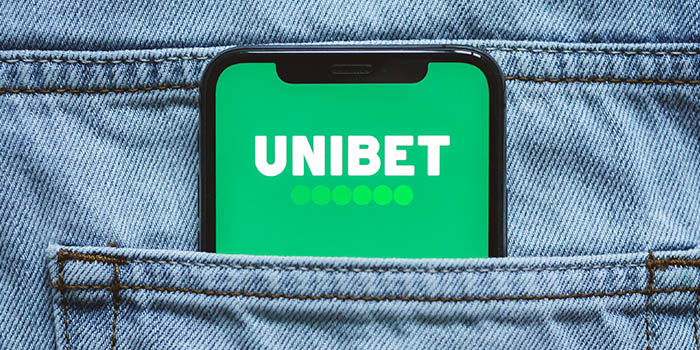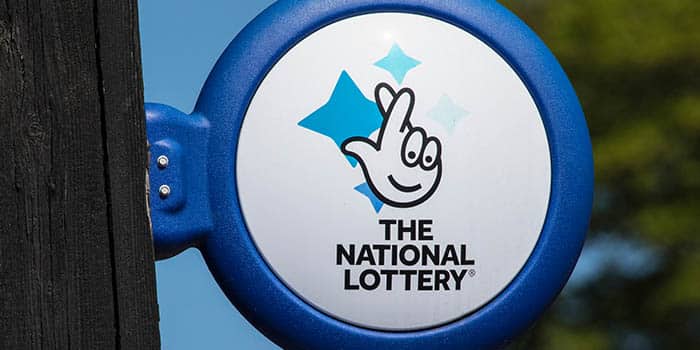- Casino
- By State
- Alabama
- Alaska
- Arizona
- Arkansas
- California
- Colorado
- Connecticut
- Delaware
- Georgia
- Florida
- Hawaii
- Idaho
- Illinois
- Indiana
- Iowa
- Kansas
- Kentucky
- Louisiana
- Maine
- Massachusetts
- Maryland
- Michigan
- Minnesota
- Mississippi
- Missouri
- Montana
- Nebraska
- Nevada
- New Hampshire
- New Jersey
- New Mexico
- New York
- North Carolina
- North Dakota
- Ohio
- Oklahoma
- Oregon
- Pennsylvania
- Rhode Island
- South Carolina
- South Dakota
- Tennessee
- Texas
- Utah
- Vermont
- Virginia
- Washington
- West Virginia
- Wisconsin
- Wyoming
- By State
- Slots
- Poker
- Sports
- Esports
The Children’s Commissioner Wants to Ban Loot Boxes

The Children’s Commissioner for England, a non-departmental public body responsible for promoting and protecting the rights of children, has joined the fight against loot boxes in video gaming. The body blasted the government’s decision to not ban harmful microtransactions and said that this puts kids in harm’s way.
The Children’s Commissioner Wants to Protect Young Gamers
Two days ago, the Department of Digital, Culture, Media and Sport concluded that loot boxes will not be banned. Instead of regulating microtransactions, the DCMS plans to force companies to require parental consent before selling loot boxes to minors.
However, the Children’s Commissioner believes that this is far from enough. According to the body, children who purchase loot boxes would often exhibit harmful symptoms such as loss-chasing. Furthermore, previous research has suggested that in-game purchases have some similarities to gambling.
Rachel de Souza previously pointed out that 93% of British children play games on the PC. It was also estimated that 31% of all young gamers struggle to track their losses when buying loot boxes. Therefore, it is important to protect the next generation by not exposing it to gambling harm from a young age.
De Souza’s Office Wants to Regulate Loot Boxes
De Souza is bullish on improving the online space and making it safer for children. Her office is firm that the government should heed parents’ demands and at least ban loot boxes for minors.
The researchers found out that much of the valuable loot box content has a minuscule chance of dropping. For example, they found out that players have a measly 4.2% chance to get a FIFA Gold 84+ player from EA’s loot boxes. Despite the low chances, many players would try to play until they get the player that they want. Not only does this expose kids to harm but loss-chasing can result in financial losses for their parents as well.
Right now, Britain’s Gambling Act 2005 does not consider loot boxes to be a form of gambling, despite certain similarities between the two. However, the United Kingdom is currently awaiting the white paper which will modernize the country’s laws. Many parties are seeing this as an opportunity to introduce measures that would protect children and at-risk gamblers. De Souza’s office is hellbent on including loot boxes in the Gambling Act’s section six, which covers playing games of chance for a prize.
On the other hand, the video game industry contributes billions to the UK economy. Because of this, other groups are reluctant to ban loot boxes or regulate them in any way, lest they disgruntle the profitable industry.

















